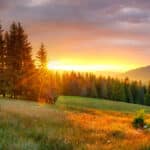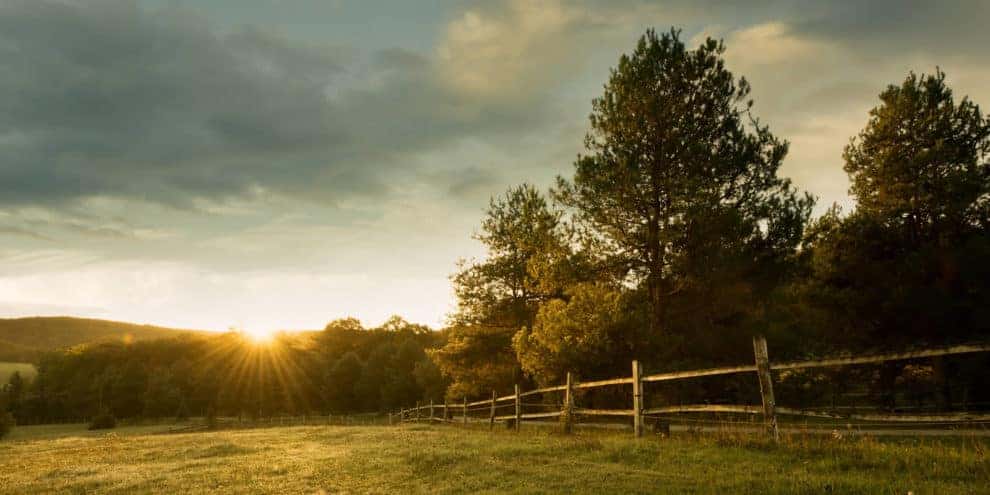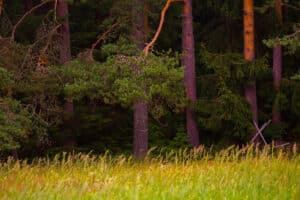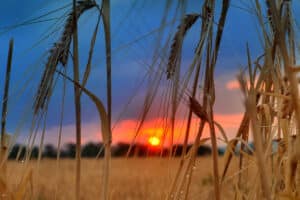As a recreational land buyer, one of the first questions you should ask is simple yet extremely important: How much land should you be looking for?
There is no such thing as a standard answer. Everyone’s needs and budget are different. So what matters is finding a property that works for you. After all, if you end up buying a property and don’t love it, you aren’t going to use it. What’s the point of that?
Buyers usually come to us with a budget in mind. But that should only be a starting point to the decision-making process. As an example, let’s say that you have a budget in mind of $100,000 in cash. But after you find what you truly want, you may end up deciding to buy a property that costs $250,000, working with a lender to get yourself the perfect property and a quality investment.
And as you consider how price plays into your buying decision, know that many factors impact the sales price of recreational property, from the value of timber, to quality of wildlife, to proximity to public land.
Remember that everything starts with location, location, location. You will want to choose a property that is convenient for you while also offering the right balance between easy access and seclusion. And of course, it will need to offer availability to all the recreation you and your family want, whether it’s hunting, fishing, hiking, or other pursuits.
Two additional factors to consider are topography and timber: Land that’s flat and with fewer trees may offer less privacy from neighbors than a hilly property or land with a lot of timber. Timber value helps in terms of providing value, and so does buying in a geographic area that’s always in demand.
For many buyers, a smaller tract of land that’s at least 40 acres (an acre is roughly the size of a football field) is good for recreation. But for those who want more privacy, a variety of hunting opportunities, and timber, a larger tract may be a better fit. Resist the temptation to look at the sales price in a vacuum – after all, you get what you pay for. Paying more for a property with quality timber, proximity to recreation, and good roads may well be worth the extra cost.
If this all sounds complicated, it doesn’t have to be. The key to success is to work with a land broker who knows the ins and outs of buying recreational land.
Every property is different, and buying land is very different from buying a home. There is no substitute for experience in terms of picking the best professional to work with. That’s because determining the optimum price for a piece of land isn’t as simple as just looking at comparable sales in the neighborhood, as you would do with a home.
Written by Tom Smith, the Principal Broker of Tom Smith Land & Homes in Ridgeland, Mississippi. Tom is an Accredited Land Consultant and a member of the Potlatch Preferred Broker Network.
This content may not be used or reproduced in any manner whatsoever, in part or in whole, without written permission of LANDTHINK. Use of this content without permission is a violation of federal copyright law. The articles, posts, comments, opinions and information provided by LANDTHINK are for informational and research purposes only and DOES NOT substitute or coincide with the advice of an attorney, accountant, real estate broker or any other licensed real estate professional. LANDTHINK strongly advises visitors and readers to seek their own professional guidance and advice related to buying, investing in or selling real estate.










Add Comment